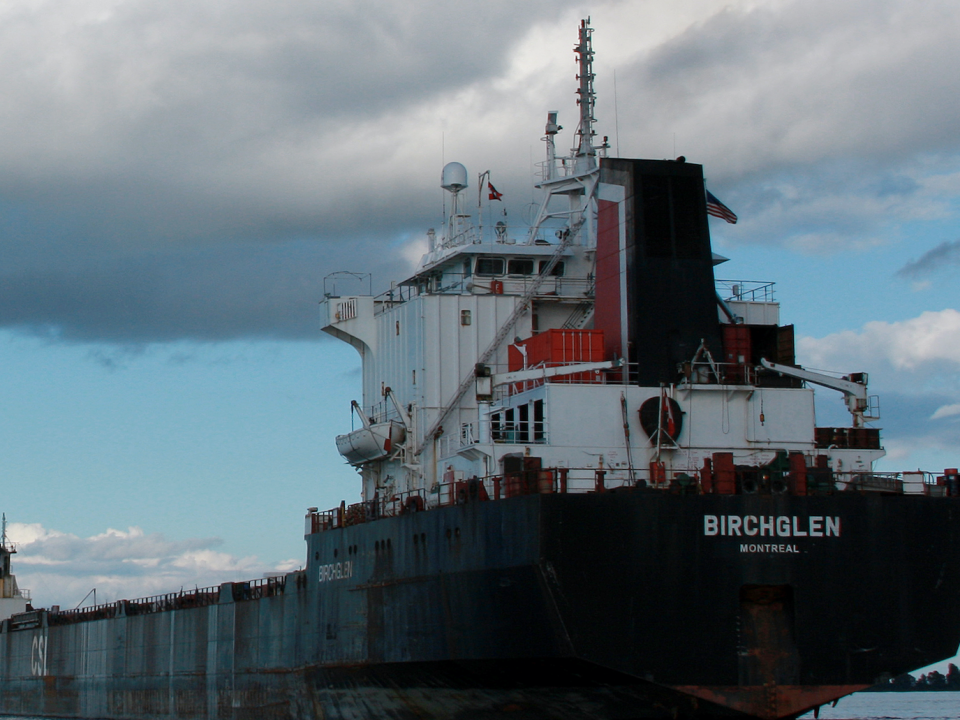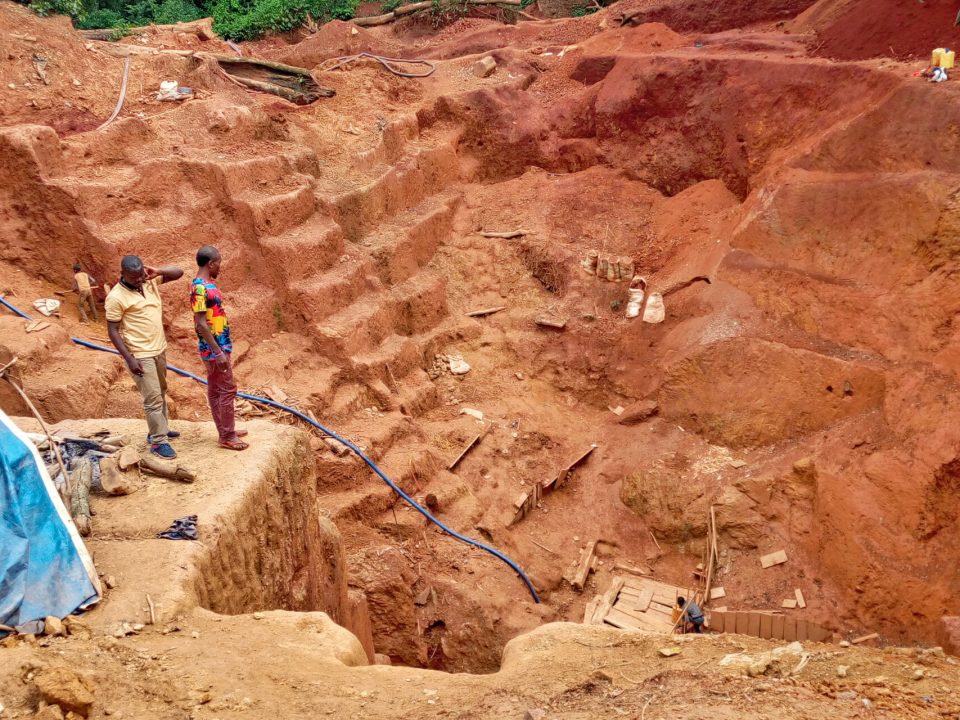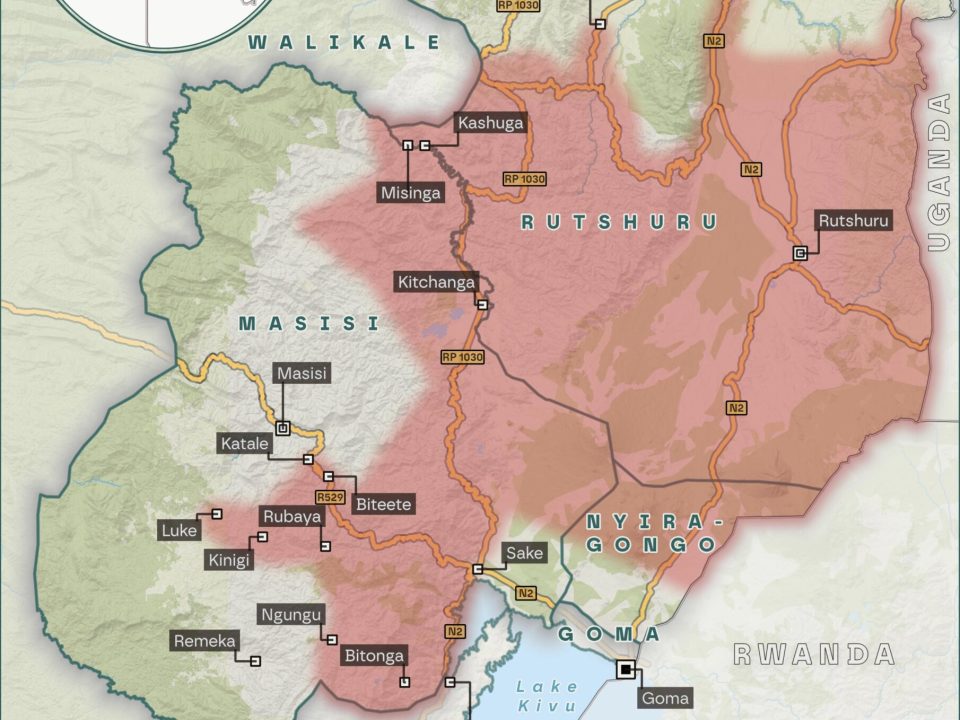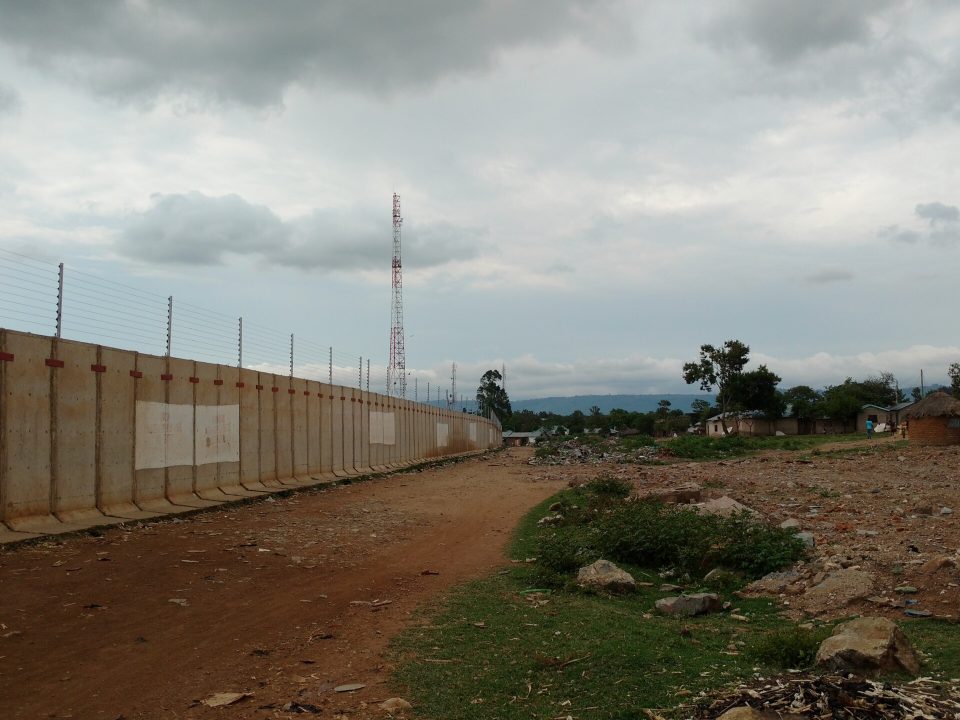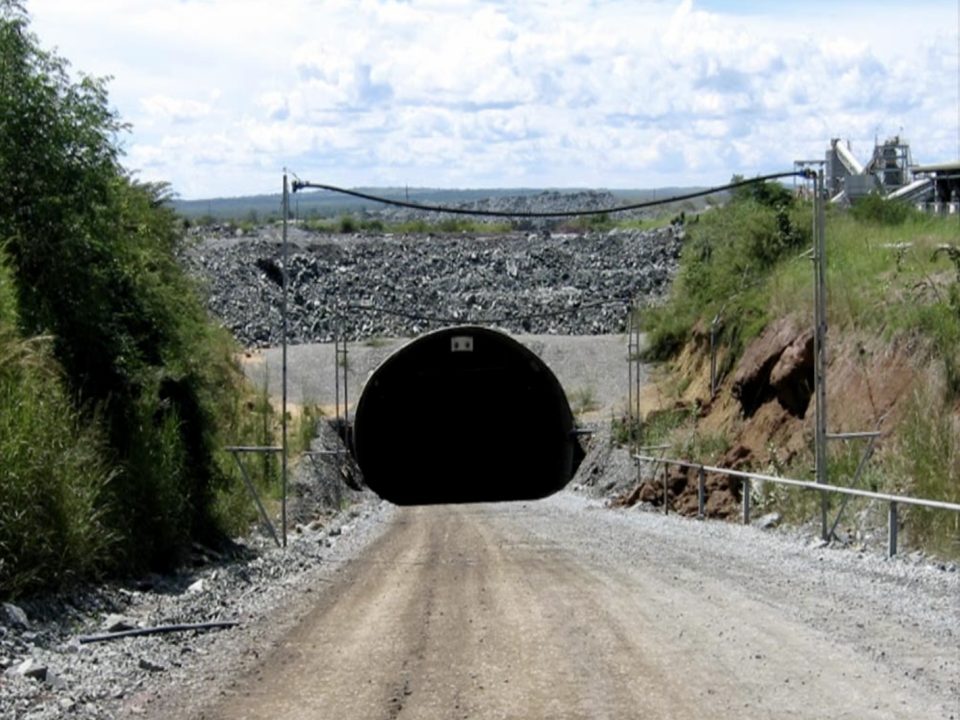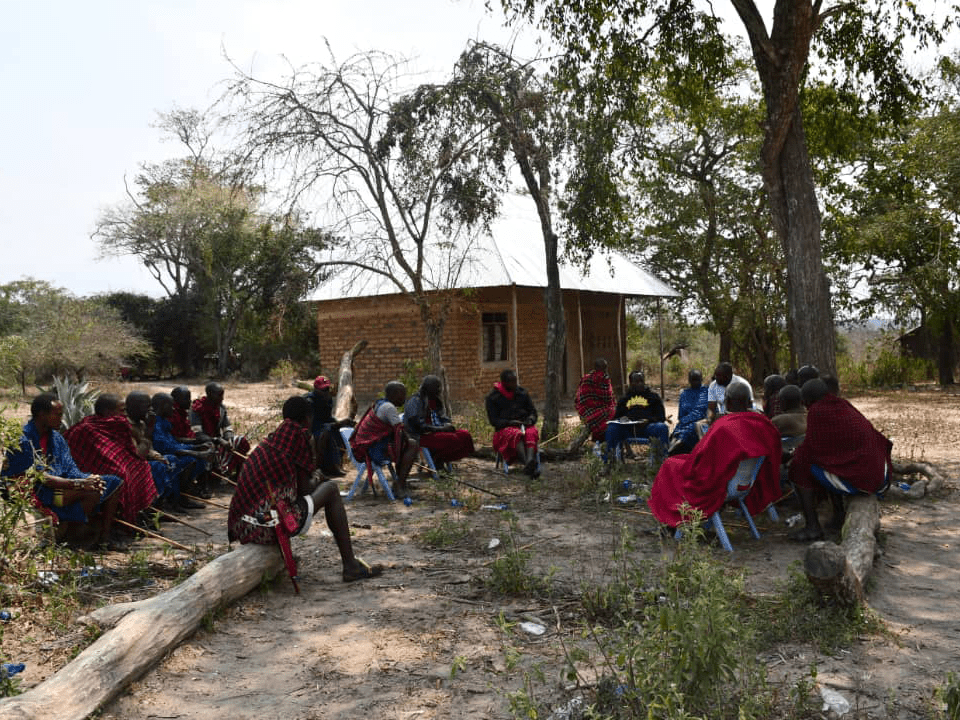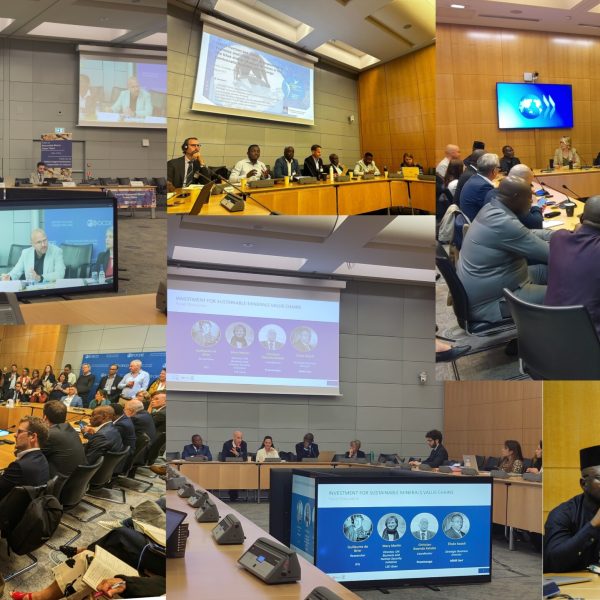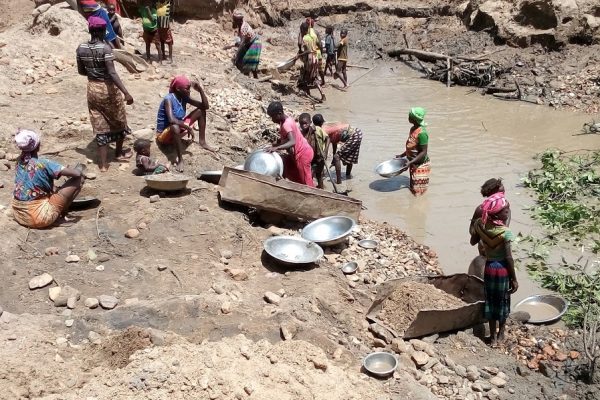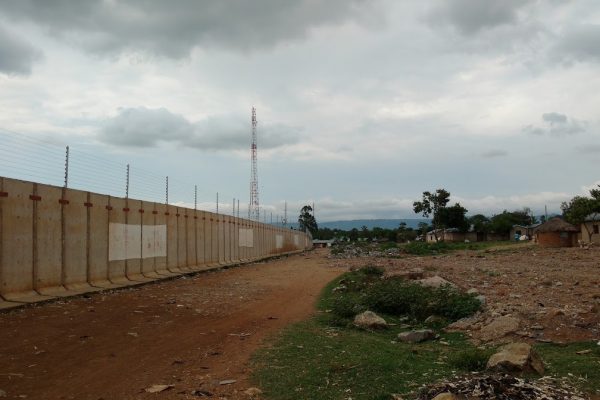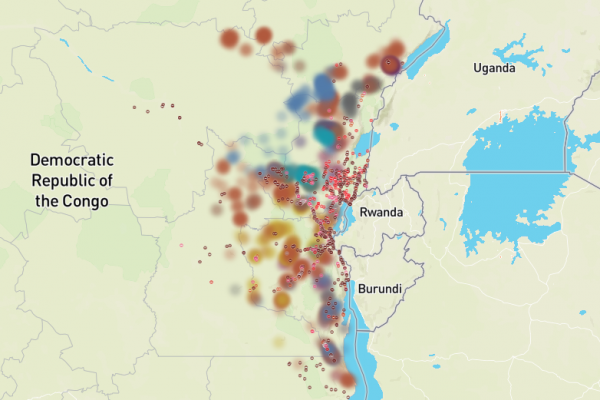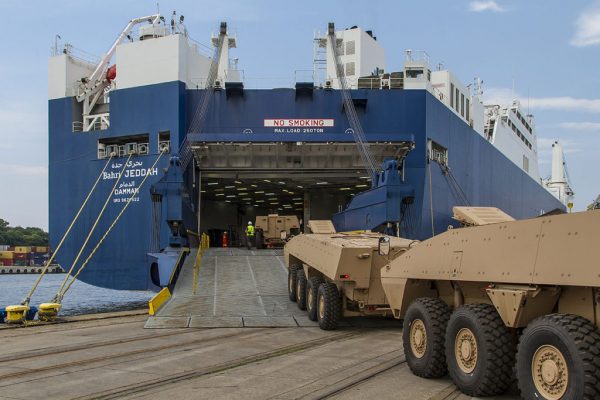Onafhankelijk onderzoeksinstituutvoor vrede, duurzame ontwikkeling en mensenrechten.
Laatste publicaties
The use of private transport contractors, including for the provision of transportation, freight forwarding and charter services to ship and deliver small arms, light weapons (SALW), and their parts, components and ammunition, is not adequately covered by national legal and regulatory frameworks. Inadequate regulation of SALW transport service providers, border posts and ports encourage unscrupulous […]
A publication from the series: VOIX DU CONGO. This research raises the issue of child labor in the artisanal mines in the chiefdom of Mariminza, using the examples of the Menze and Bararau quarries (Watsa territory, Haut-Uélé province). Using a qualitative approach based on several field interviews and a literature review, the study identifies the causes of child […]
Especially since the 1990s, international transfers of SALW and ammunition have been conducted in increasingly differentiated markets. A multitude of products, buyers and suppliers around the world, including State-owned entities and large defence manufacturers, use the services of specialist intermediaries, as well as private agents and dealers. States often use brokering services for the purpose […]
In early 2024, IPIS, ASSODIP, and DIIS published a report on the stakes and motivations of the “March 23 Movement” (M23), a rebellion causing serious insecurity and humanitarian suffering in the eastern Democratic Republic of Congo (DRC). The movement took up arms again in 2021, and it rapidly seized vast territories in the south-east of North […]
This publication is part of IPIS’ Voices from Tanzania series and its edition on “The impact of land acquisition practices in the extractive sectors of northern Tanzania”. In their Voices from Tanzania study Himiza Social Justice assesses the socio-economic impacts of land acquisition practices by the industrial Barrick North Mara gold mine on 3 villages in […]
This publication is part of IPIS’ Voices from Tanzania series and its edition on “The impact of land acquisition practices in the extractive sectors of northern Tanzania”. In their Voices from Tanzania study Rafiki SDO assesses the socio-economic impacts of land acquisition practices by the Bulyanhulu gold mine on 2 villages in Msalala district council, […]
This publication is part of IPIS’ Voices from Tanzania series and its edition on “The impact of land acquisition practices in the extractive sectors of northern Tanzania”. In their Voices from Tanzania study HAKIARDHI assesses the level of awareness and involvement of small-scale producers in the land acquisition processes for the East African Crude Oil Pipeline […]
Nieuws
IPIS is looking for an External Evaluator for the mid-term evaluation of its EU-funded programme: “Addressing drivers of conflict, and promoting the fulfilment of human(...)
Last week, representatives of civil society, industry, and governments gathered at the 2024 OECD Forum on Responsible Mineral Supply Chains in Paris. Members of the(...)
Laatste briefing
- IPIS Briefing
- :
Schrijf je in voor IPIS updates
Do you want to receive the IPIS briefing with a selection of articles, news and updates on natural resources, armed conflict, business and human rights, and arms trade? The IPIS briefing also includes a topical editorial and related articles, and updates on IPIS’ research findings, new maps, reports and briefings.

